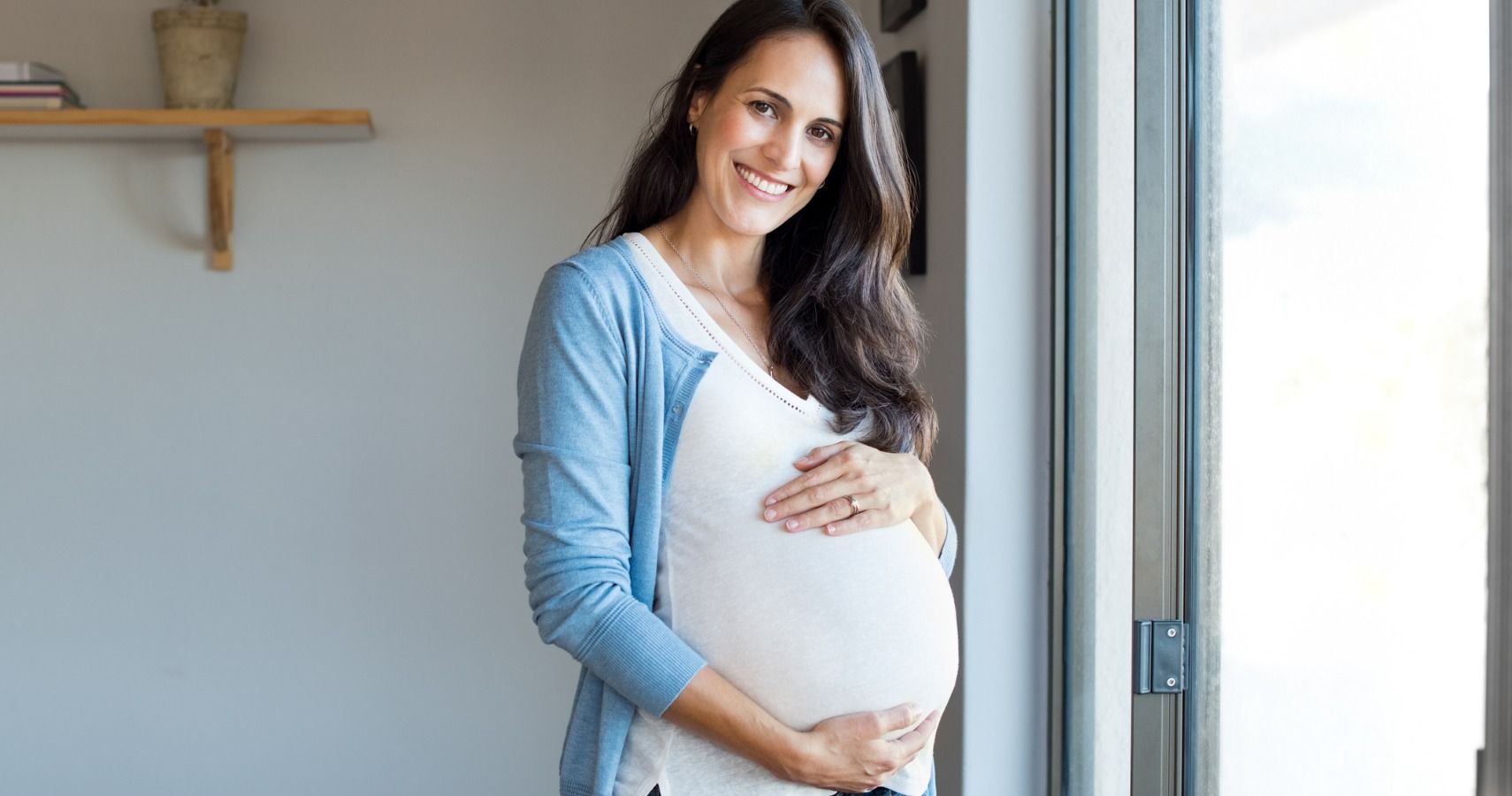For decades women have felt the threat of their 'biological clock' and often felt the pressure to have children as early as possible out of fear that if they wait too long, they won't be able to conceive. This often made many women feel that they had to decide between family and career, instead of giving women options that could make both a reality. Many younger teens and early twenty-somethings were also not educated on birth control or didn't have access to effective birth control to give them autonomy over their bodies, often resulting in unwanted pregnancies. Thankfully, it seems society is changing because for the first time women over the age of 30 are having more children than their younger counterparts.
NPR noted in their Planet Money newsletter that trends in birth rates are often influenced by how the economy is doing. The article noted that over the last 10 years the US has seen its lowest fertility rates ever thanks to 2008's recession, and despite the improvement in the economy in recent years fertility rates have yet to recover. While many people have put off adding to their family, economist Kasey Buckles along with Melanie Guldi and Lucie Schmidt found in a recent study that women over 30 are having more babies than ever before, and more than their younger counterparts.
"We're witnessing an astonishing demographic shift," Buckles says. "For the first time in American history, women aged 30-34 have the highest fertility rate of all age brackets. Younger women are having far fewer unintended pregnancies, accounting for about a third of the overall decline in births since 2007. Buckles believes the remaining two-thirds of the decline is the product of a generation deciding they’re not ready for marriage and kids." NPR reports.
Buckles suggests that not only did the recession of 2008 impact birth rates, causing many couples to reconsider their decision to add children to their families, but the increasing availability of birth control is also helping to prevent unwanted pregnancies. Buckles also credited technology as a means of population control. With so many younger people having access to technology such as smartphones, video games, and social media, more and more 'socializing' is going on in the comfort of their own homes instead of face to face, or body to body, with other people. It's "Netflix and no chill," Buckles told NPR.
While this decline in the birth rate should save taxpayers $2.4 billion per year according to Buckles and her colleagues, if the decline in population persists that could mean some big problems. With fewer people working and paying into pensions and support funds, that could be a problem as the population ages.
READ NEXT: Fertility Rates Down Across The US Now That First-Time Moms Are Older

